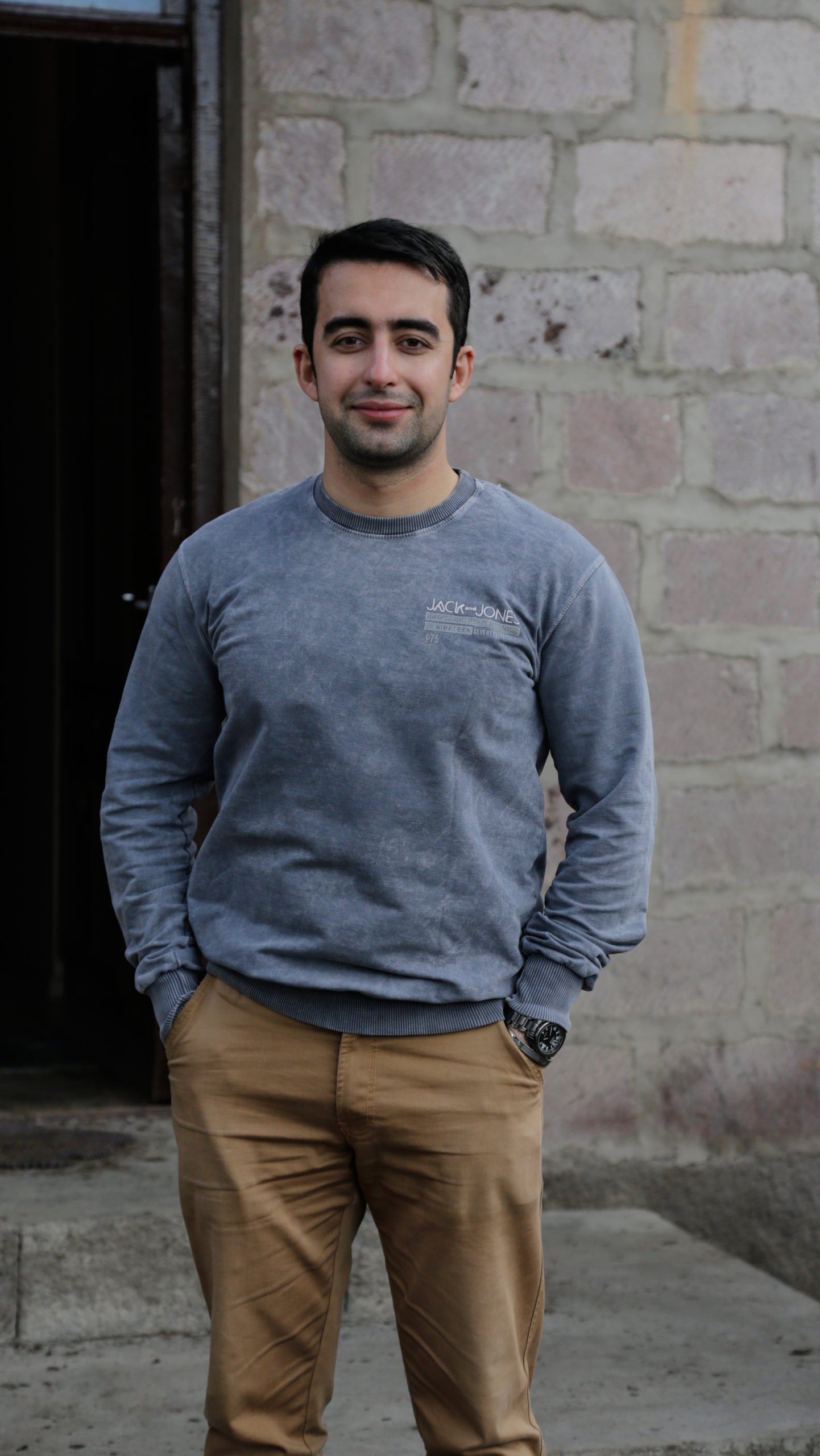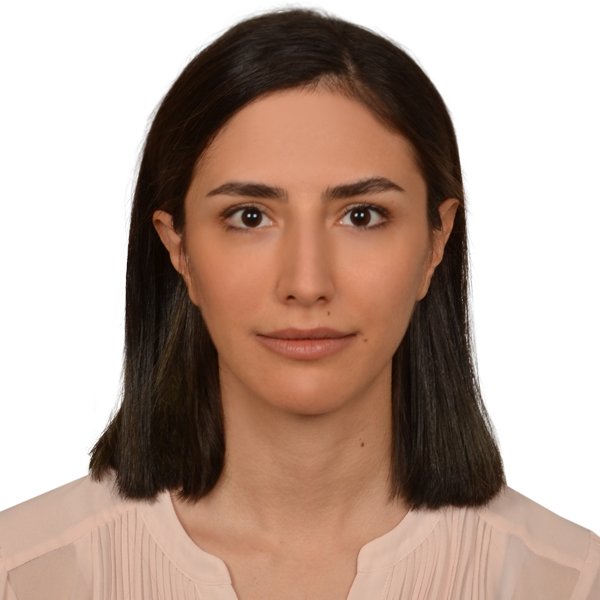
A four-month stay in Armenia and experience life like the locals: this was the initial intention of Erfan Falahi when he came to Armenia. Similarities between Armenian and Iranian cultures, the war in Artsakh, kind-hearted locals and new ventures are some of the reasons that turned the four-month stay into an indefinite one.
Born to Persian parents in Iran, Falahi grew up in Isfahan where the juxtaposition of Persian and Armenian culture created a rich historical narrative. He made many Armenian friends growing up and became acquainted with Armenian culture. He studied graphic design in high school in his hometown and then industrial design at the University of Berlin, Germany.
When the borders shut down with the outbreak of the global pandemic in 2020, Falahi’s friends compelled him to consider visiting Armenia. Armenia was one of the destinations that had open borders with Iran at that time. Falahi was amazed by the similarities between Armenians and Iranians at once. Their genuine hospitality, liveliness and love for life, which were so resonant in Armenia before the 44-day war in 2020, left a deep impression on him. “It was friendlier than what I had thought. There is an affectionate heart hidden behind their seriousness and cold appearance. Armenia feels like home yet without all the restrictions that we face in Iran,” he said.
The war broke out 10 days after his arrival—an incident that came as no surprise to him as he had always been aware of the geopolitical changes in the region. He joined his Armenian friends and helped in any way he could throughout the war. He followed the news, posted information on social media and wrote articles to raise awareness. Trained in first aid, he tried, and unfortunately failed, to obtain permission to treat the wounded. That setback did not stop him from collecting humanitarian aid. He donated blood for the very first time and built strong bonds with many families impacted by the war.
“One might be aware of the atrocities happening in different parts of the world and send humanitarian aid, but witnessing what war did was the reason that made me stay in Armenia,” he said.
Challenging at the start, he learned the language quickly and now he has satisfactory verbal and written skills in Armenian. The industrial designer has had different jobs since his first day in the country. He regrets that there is little demand for industrial designers in Armenia. However, he appreciates the opportunities to learn new skills. After working as a tour guide, a foreign language teacher and a dispatcher, he decided to join Armenian Volunteers Corps to focus more on charity work. Founded in 2000, Armenian Volunteer Corps offers volunteering and internship opportunities in a variety of sectors in Armenia. Moreover, it provides homestays and logistical support so that participants of different nationalities can have seamless integration into Armenian society. Since the start of his volunteering program, Falahi has designed logos for the Embassy of Artsakh, taught English at Armath and photographed for Birthright Armenia and the Armenian Volunteer Corps. He cherishes the time he has had to connect more with the Armenian culture as much as the chance to meet volunteers who join the program from different countries.
During an excursion with Birthright Armenia while capturing random moments, his attention was drawn to an elderly local. The tatik was enjoying the presence of the visitors in her village when Falahi took a picture of her. Never missing a chance to have conversations with locals, he approached her. After a few minutes of small talk, the tatik’s son appeared with a wooden box for Falahi. He was overwhelmed with emotion when he noticed the original carvings by the young man. “It’s all about the people I meet. Locals are the strings that will forever attach me to Armenia,” he said.
Falahi plans to stay in Armenia indefinitely. “I believe Armenia can be a potential country where you can build your future despite all the economic and geopolitical issues. I do not know where my life will take me in the future and where I will eventually settle someday. But I definitely know I want to do more in this country.” Surprised by how little Armenians and Iranians know about each other, he wishes to build a strong bridge between Iran and Armenia in the future. The locals’ image of Iran surprises him. “I would really like to… show them how beautiful my country is. They can experience the unexpected there: history, culture, modernity and more.”



Be the first to comment